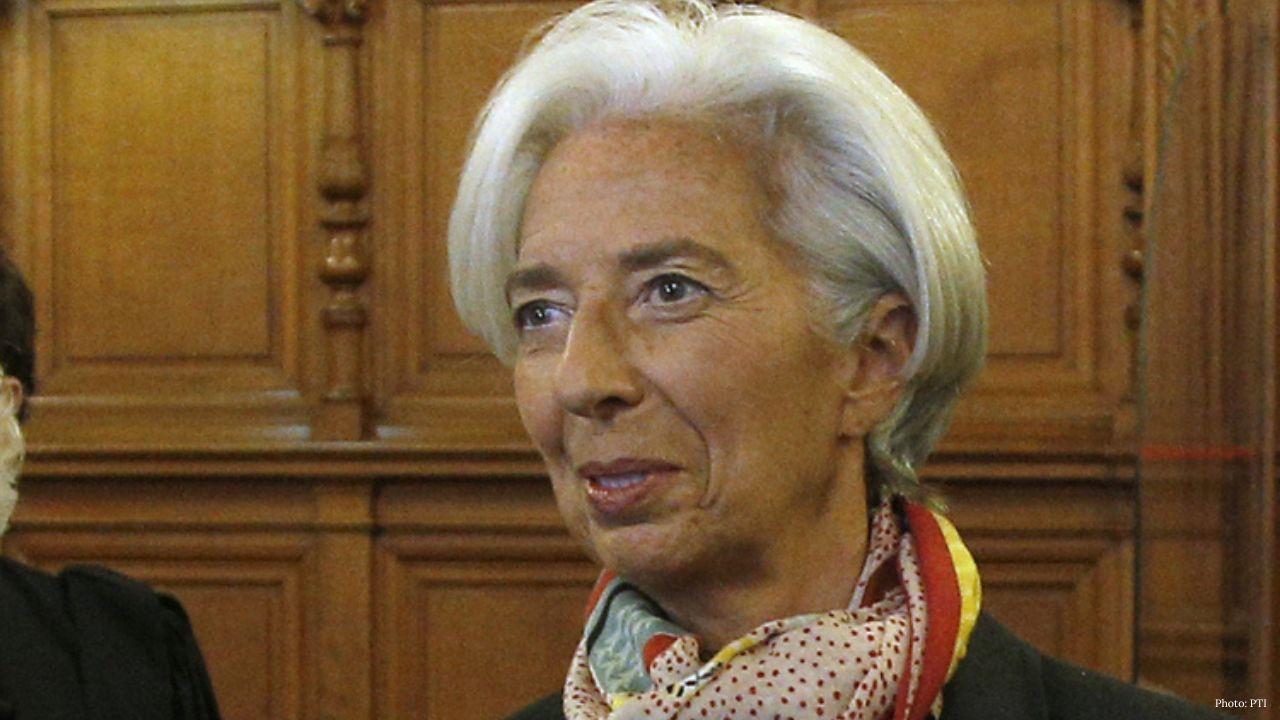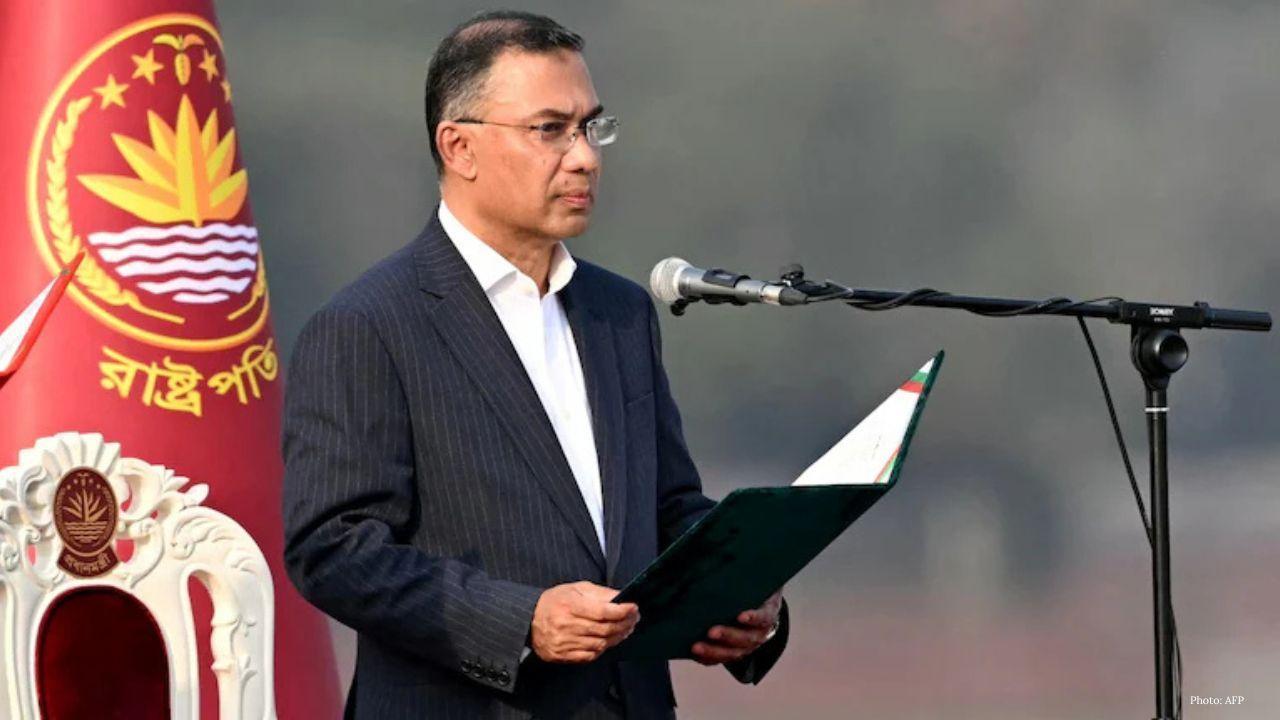You have not yet added any article to your bookmarks!

Join 10k+ people to get notified about new posts, news and tips.
Do not worry we don't spam!

Post by : Anis Farhan
In June 2025, Singapore’s Ministry of Culture, Community and Youth (MCCY) unveiled the National Interfaith Engagement Code (NIEC)—a comprehensive set of guidelines designed to shape how religious groups engage with one another and with the public. Touted as a “21st-century update” to Singapore’s longstanding model of religious harmony, the code provides best practices on interfaith dialogue, public preaching, social media usage, and crisis response.
On paper, the NIEC aims to maintain peace in a nation where over 10 religions coexist within close quarters. But it has also sparked a quiet but growing debate about the boundary between regulation and freedom of belief. Civil society leaders, academic observers, and even some religious officials have expressed concern that the code—though technically non-binding—could evolve into a tool of informal censorship.
With religious tensions on the rise globally and a younger, more digitally connected population at home, Singapore’s new framework may be less about managing harmony and more about adapting it to an increasingly complex reality.
Singapore’s approach to religion has long been unique. The city-state legally enshrines religious freedom under Article 15 of its Constitution but simultaneously imposes strict regulations through laws like the Maintenance of Religious Harmony Act (MRHA). These laws grant authorities powers to preemptively stop individuals or groups from causing inter-religious discord, including issuing restraining orders.
The new Interfaith Engagement Code builds upon this foundation. Rather than punishing behavior after it occurs, the code aims to shape behavior beforehand. Key recommendations include:
Avoiding exclusivist language in public sermons or online posts
Encouraging joint community projects across religious lines
Refraining from proselytization in sensitive environments (e.g., hospitals, schools)
Reporting suspicious inter-group tensions to Inter-Racial and Religious Confidence Circles (IRCCs)
While the MCCY insists these are voluntary guidelines, many in the religious sector believe they may carry quasi-mandatory weight, especially given Singapore’s history of state-enforced social harmony.
Initial reactions to the NIEC have been measured. Most major religious councils—including the Islamic Religious Council of Singapore (MUIS), the National Council of Churches, and the Hindu Endowments Board—have publicly supported the initiative, calling it “timely” and “necessary.”
But privately, some community leaders express concerns about vagueness and potential overreach. “What defines ‘exclusivist language’?” one pastor asked anonymously in a local forum. “Can theological positions be seen as offensive if taken out of context?”
Religious minorities worry that the code could be unevenly enforced or become a bureaucratic hurdle to grassroots organizing. Meanwhile, some younger practitioners—particularly among Christian, Muslim, and Buddhist youth groups—worry that the guidelines might chill online engagement, especially on platforms like TikTok or Reddit where spiritual expression is often informal and unfiltered.
One of the key motivations behind the NIEC appears to be the shifting religious discourse in digital spaces. Social media has become a major arena for faith-based conversations, ranging from prayer livestreams to debates on theology and lifestyle.
However, these platforms have also become flashpoints for tension. In the last 18 months alone, Singapore has witnessed several viral incidents involving religious content—some sparking offense across faith lines, others spreading misinformation or sectarian bias.
The code explicitly addresses this concern, recommending that “religious messaging on social media should be respectful, fact-based, and inclusive.” It also encourages religious leaders to appoint Digital Ethics Officers to vet online content, particularly among youth groups.
To some, this shows foresight. To others, it feels like surveillance creeping in under the guise of harmony.
Singapore has successfully avoided religious violence and overt sectarianism for decades—an achievement attributed to its legal and institutional vigilance. However, critics argue that the price of harmony may be an increasingly sanitized public square, where genuine expressions of faith are filtered through state-friendly guidelines.
Some local academics warn that overregulation could backfire. “Harmony cannot be manufactured indefinitely,” said Professor Lim Yi Eng of the Institute of Southeast Asian Studies. “A balance must be struck between pluralism and authenticity, between risk mitigation and sincere difference.”
Civil rights groups, though small in number, have called for an independent review board to evaluate how these voluntary codes are implemented over time and to ensure they don’t stifle religious creativity or dissent.
Singapore’s move comes at a time when several Southeast Asian countries are grappling with religious polarization. In Indonesia, recent blasphemy trials and mosque surveillance programs have drawn international criticism. Malaysia has struggled with balancing Islamic identity and multicultural governance. Thailand has faced tensions in its southern provinces tied to ethno-religious identity.
By contrast, Singapore’s interfaith stability remains a global case study. The NIEC is being closely watched by regional governments and multilateral bodies as a model of soft governance—achieving compliance through consensus rather than coercion.
Whether it can remain that way will depend on transparency, inclusion, and the government’s willingness to engage not just religious elites, but everyday practitioners navigating faith in a fast-changing world.
This article is intended for editorial and informational use only. It does not represent legal or religious advice. All views reflect developments as of July 2025 and may evolve as policy implementation proceeds.










Christine Lagarde May Step Down Early as ECB President Report
FT says early exit could allow Emmanuel Macron to influence successor before 2027 French election

Inside the Small Circle Shaping the Future of Artificial Intelligence
A handful of scientists shared mentors and elite universities lie behind the world’s most powerful A

Massive Sinkhole Expands in Indonesia Swallows Farmland in Aceh
A growing sinkhole in Central Aceh has destroyed farms and roads raising safety concerns as it moves

Gold Breaks Historic Barrier: Prices Surge Past $5,000 an Ounce
Gold prices hit an unprecedented milestone in early 2026, climbing above $5,000 per ounce — a psycho

Zimbabwe’s Stunning Victory Over Australia: A T20 World Cup 2026 Shock That Shifted the Narrative
Zimbabwe produced a sensational performance to defeat Australia by 23 runs in the ICC Men’s T20 Worl

Taylor Swift Moves to Block ‘Swift Home’ Trademark in U.S. Legal Challenge
Global pop icon Taylor Swift has petitioned the U.S. Patent and Trademark Office to deny a trademark